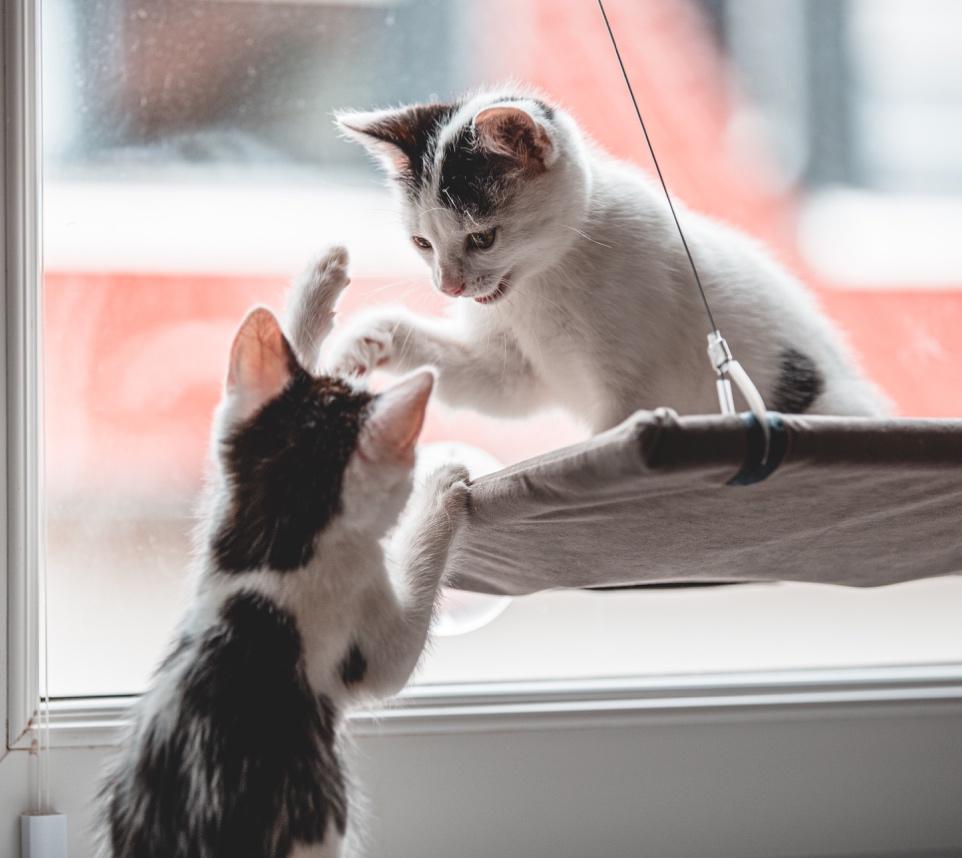There is nothing more adorable than a kitten. They are cute, cuddly, and playful, and provoke much of the same emotional reaction in us as a human baby. We instinctively want to protect and care for them. Like a human child, however, a kitten must be raised properly to turn into a healthy adult cat without emotional, psychological, or behavioral problems. When adding a kitten to the family, we must be willing to educate ourselves on how to handle them and what not to do. Just because we have had adult cats in the past, it doesn’t mean that we automatically know what to do with a kitten.
The foundation of many behavior problems in adult cats has been laid in kittenhood. Certain types of aggression, for instance, can be caused by things a cat has learned or failed to learn as a kitten. How we handle a kitten, and how we play and interact with them will naturally impact how the adult cat behaves around us. Kittens need boundaries but should not be shouted at or treated roughly. Such handling will not establish the loving human-cat bond we dream of. Make sure you research where your kitten comes from. In an ideal situation, kittens should stay with the mother cat until the age of 12 weeks.



